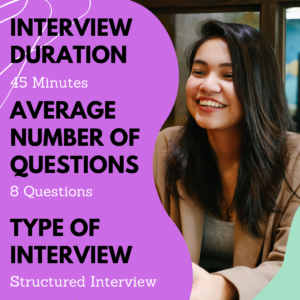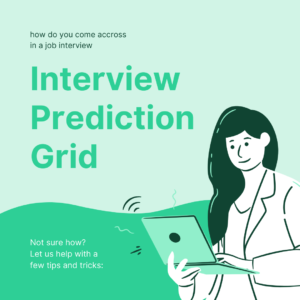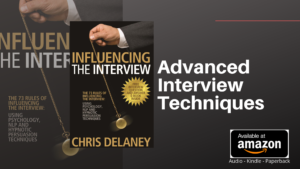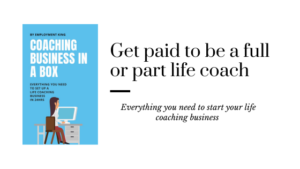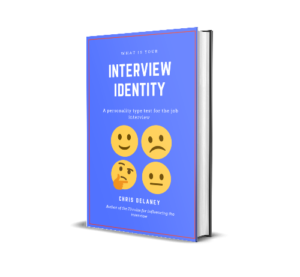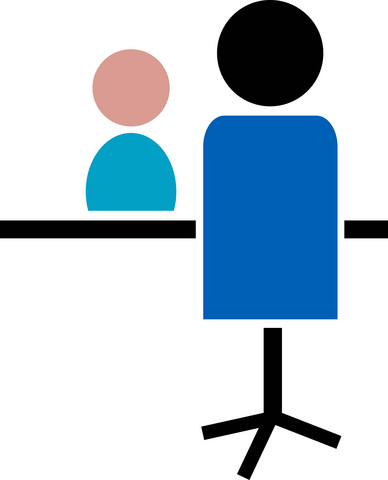As remote work continues to evolve in the post-pandemic era, new data is shedding light on the habits of those who work from home versus those who commute to the office.
According to official analysis by the Office for National Statistics (ONS), remote workers enjoy more rest, more exercise, and surprisingly, less work. But is this a problem or a natural shift in work culture?
More Sleep and Exercise, But Less Work?
The numbers are intriguing: remote workers get an extra 24 minutes of sleep and 15 minutes of exercise every day compared to their office-going counterparts.
These extra hours of rest and movement might seem like a benefit, but they come with a caveat—remote workers tend to work 10 minutes less on average than those in the office. While it’s tempting to view this as a productivity loss, it’s important to consider the full picture.
Managers, in particular, are more likely to embrace remote or hybrid working models. 45% of senior staff now work from home or in a hybrid setup, compared to just 27% of employees overall.
This growing trend reflects how working from home is being increasingly normalized, especially as the pandemic-driven shift to full-time remote work continues to recede.
Hybrid Work: The New Normal
While the wave of full-time remote work is declining, hybrid models are on the rise. In fact, the percentage of workers using a hybrid approach has tripled since January 2021, from 9% to 28%.
This shift indicates that many workers prefer the flexibility of splitting their time between the office and home rather than returning full-time to the workplace.
Some major employers, like Amazon and Asda, have urged employees to return to the office, contributing to the drop in full-time remote work from 37% in February 2021 to just 13% by October 2024.
However, many workers have opted for a hybrid solution instead, a trend that has become more accepted across various industries.
The Public Sector Debate: Is Remote Work Hindering Productivity?
The debate surrounding remote work has not been without controversy. In the UK, the Civil Service has faced criticism for sluggish productivity, with some blaming remote work for the lack of efficiency.
Sir Jacob Rees-Mogg, the former minister for Brexit opportunities and government efficiency, famously criticized remote-working civil servants, claiming that many were “literally asleep on the job.”
His comments, which included reports of employees taking naps during work hours, sparked debates about the future of remote work in public services.
Rees-Mogg argued for a return to a five-day office-based working week, saying that public sector productivity was suffering as a result of too many workers staying home.
However, this perspective stands in stark contrast to the views of Labour Party officials. Business Secretary Jonathan Reynolds has championed flexible working, noting its potential for economic benefits.
The debate continues as both sides make their case for the future of work, but the reality is that flexible working is becoming an accepted norm across many sectors.

Access to Remote Work: The Age and Industry Divide
The ONS analysis also revealed an important demographic detail: younger workers are far less likely to have access to hybrid or remote working opportunities.
Just 19% of workers under 30 are able to work remotely, compared to 29% of workers over 30.
This is largely because younger employees are more likely to be in industries such as retail or hospitality, where remote work simply isn’t an option.
Education also plays a significant role in who has access to hybrid models. Workers with degrees are 10 times more likely to work remotely than those without qualifications.
A striking 42% of degree holders have access to hybrid work, while only 4% of those without a degree can claim the same.
This highlights the growing divide between professional and non-professional sectors when it comes to remote work opportunities.

The IT Sector Leads the Charge
When it comes to hybrid working, the IT sector leads the pack. Nearly half (49%) of IT professionals work remotely for part of the week, followed closely by the professional and scientific sectors, where 46% of workers enjoy hybrid arrangements.
These sectors benefit from the nature of their work, which often lends itself well to remote environments.
The Future of Work: Balance or Burnout?
The future of work remains a topic of intense debate, with remote work and hybrid models continuing to shape workplace culture.
On one hand, remote workers enjoy better work-life balance, with more sleep and exercise—a sign that flexible working can improve wellbeing.
On the other hand, concerns about productivity and the impact of remote work on collaboration and efficiency remain front and center.
As hybrid working becomes the norm, the key will be finding a balance between flexibility and productivity, ensuring that workers have the support they need while still meeting the demands of their jobs.
Whether working from home or in the office, the world of work is evolving, and it’s up to both employers and employees to adapt to this new reality.








